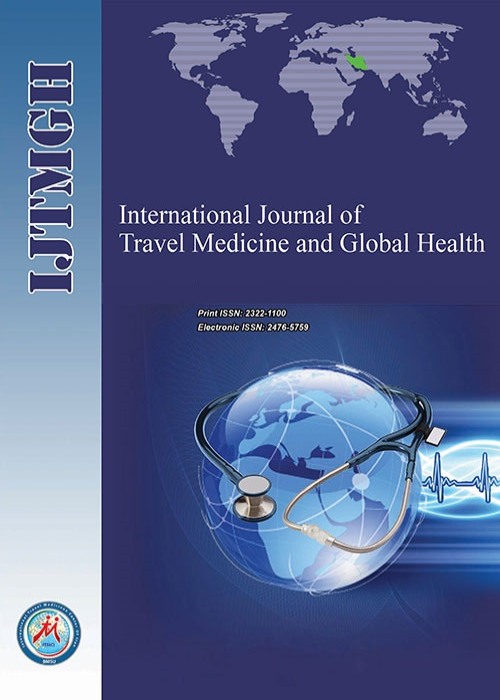Income and Mental Well-Being of Middle-Aged and Older Americans: Immigrants’ Diminished Returns
Author(s):
Article Type:
Research/Original Article (دارای رتبه معتبر)
Abstract:
Introduction
Although income is among the major social determinants of mental health of middle-aged and older individuals, socially marginalized groups gain less health from their income and other socioeconomic status (SES) resources compared to socially privileged groups. This pattern is called marginalization-related diminished returns (MDRs). Most of the existing knowledge on MDRs, however, has been derived from studies that have defined marginalization based on race, ethnicity, or sexual orientation. As a result, very limited information exists on whether similar MDRs can be observed for middle-aged and older immigrants or not. Building on the MDRs framework, this study compared a national sample of immigrants and non-immigrants for the effects of income on the mental well-being of middle-aged and older adults in the United States. Methods
This is a cross-sectional study. The 2015 National Health Interview Survey (NHIS) enrolled 14 149 middle-aged and older individuals who were either immigrants (n=1977; 14.0%) or non-immigrants (n=12 166; 86.0%). The independent variable (IV) was income that was treated as a continuous variable. The dependent variable was mental well-being, also treated as a continuous variable. Age, gender, race, ethnicity, education, marital status, employment, self-rated health, obesity, and region were confounders. Immigration (nativity status) was the moderator. Logistic regression was applied for data analysis. Results
High income was associated with higher odds of good mental well-being in middle-aged and older adults. However, immigration showed a significant statistical interaction with income, which was suggestive of a smaller protective effect of high income on mental well-being for immigrant than non-immigrant middle-aged and older adults. Conclusion
In line with MDRs, the association between income and mental well-being is weaker for immigrant than non-immigrant middle-aged and older adults. There is a need to help high income immigrants secure health outcomes similar to those of non-immigrants. Such changes may require bold and innovative economic, public, and social policies that help immigrants more effectively translate their income and socioeconomic resources into tangible outcomes such as mental well-being.Keywords:
Language:
English
Published:
International Journal of Travel Medicine and Global Health, Volume:8 Issue: 1, Winter 2020
Pages:
37 to 43
https://magiran.com/p2121245
دانلود و مطالعه متن این مقاله با یکی از روشهای زیر امکان پذیر است:
اشتراک شخصی
با عضویت و پرداخت آنلاین حق اشتراک یکساله به مبلغ 1,390,000ريال میتوانید 70 عنوان مطلب دانلود کنید!
اشتراک سازمانی
به کتابخانه دانشگاه یا محل کار خود پیشنهاد کنید تا اشتراک سازمانی این پایگاه را برای دسترسی نامحدود همه کاربران به متن مطالب تهیه نمایند!
توجه!
- حق عضویت دریافتی صرف حمایت از نشریات عضو و نگهداری، تکمیل و توسعه مگیران میشود.
- پرداخت حق اشتراک و دانلود مقالات اجازه بازنشر آن در سایر رسانههای چاپی و دیجیتال را به کاربر نمیدهد.
In order to view content subscription is required
Personal subscription
Subscribe magiran.com for 70 € euros via PayPal and download 70 articles during a year.
Organization subscription
Please contact us to subscribe your university or library for unlimited access!


